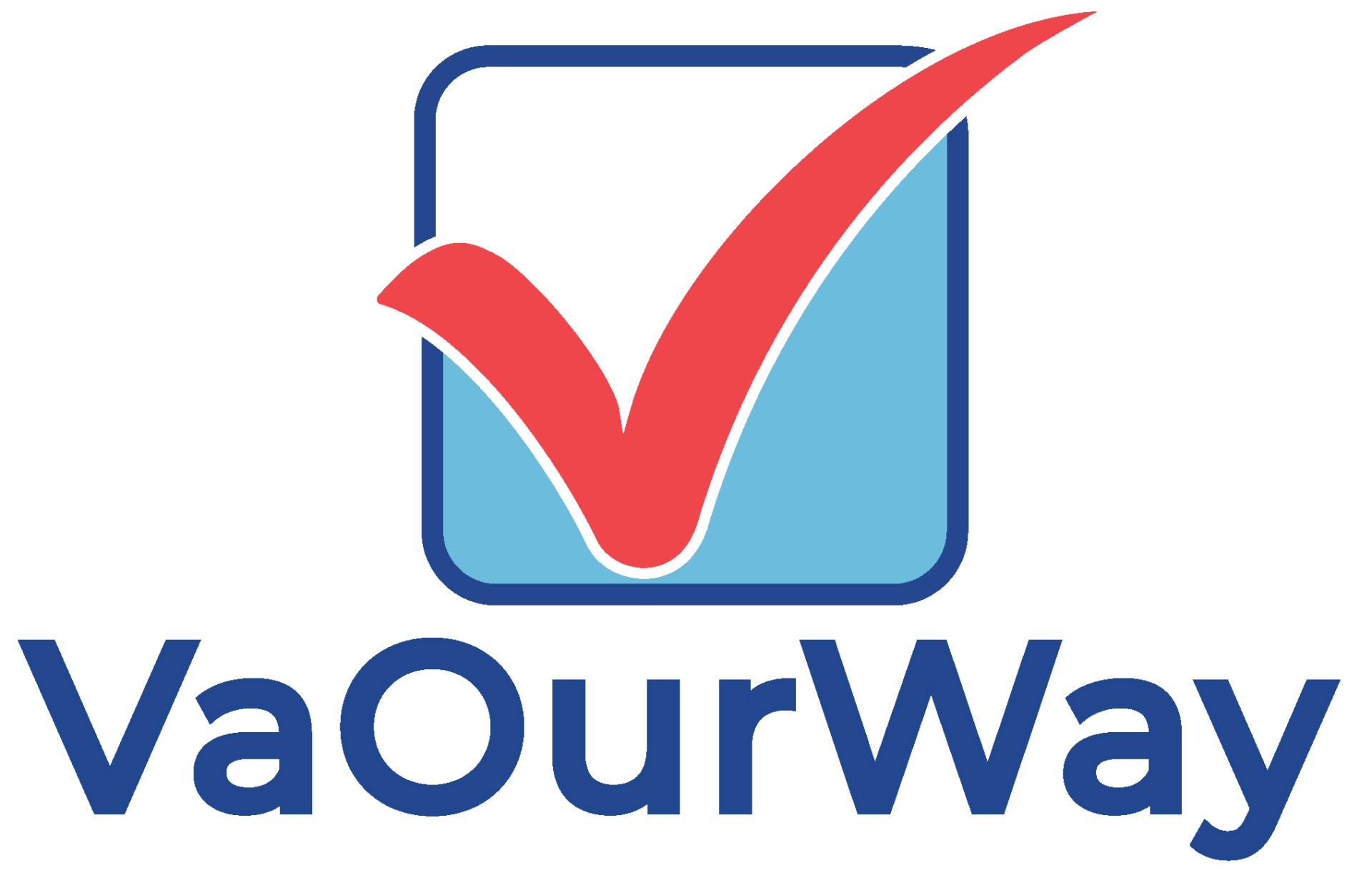The Infrastructure Investment and Jobs Act
Last November, President Joe Biden signed the Infrastructure Investment and Jobs Act into law. Commonly referred to as the Bipartisan Infrastructure Law, the historic legislation will deliver $1.2 trillion throughout the country to address infrastructure needs. The funds will go toward building and repairing roads, ensuring every community has access to clean drinking water, bringing broadband to rural areas, and much more. Beyond providing the funds necessary for building a country ready for the challenges of the 21st century, the Bipartisan Infrastructure is expected to create up to two million jobs per year for the next decade.
There are two primary ways in which states and localities will receive funds allocated by the Bipartisan Infrastructure Law: formula funding and grant funding. Formula funding is noncompetitive — the amount of funds each state will receive is predetermined and calculated using a formula that takes a number of statistics into account. Grant funding, on the other hand, is competitive. To receive a grant, a state or locality must submit an application demonstrating how funds will meet a specific need.
Virginia is expected to receive billions of dollars in formula funding alone. The state will receive $7 billion to repair and build roads, with a special focus on ensuring everyone is safe on the road, including pedestrians and bicyclists. An additional $1.2 billion will go to Virginia to improve public transit in the state. With nearly 10% of Virginians living without access to broadband, the state will receive $100 million to ensure everyone in the state can access the internet. Hundreds of millions of dollars worth of formula funds will also be allocated to Virginia to prepare for the impacts of climate change, protect against cyberattacks, deliver clean drinking water to all, and bring much-needed modernization to the state’s airports.
Beyond these formula funds, additional money will be available for Virginia to take advantage of through grant funding. Applications need to be filed to access these funds, which come with different eligibility requirements and deadlines. Grant funding covers an enormous range of projects, including bridge investment programs, clean school bus programs, and even ferry service programs for rural communities. Deadlines for six grants worth a total of $24.85 billion are coming up in the month of May; Virginia Senator Mark Warner has a calendar on his website that's helpful for keeping up with all the due dates.
The billions of dollars in grant funding available specifically for rural communities are particularly noteworthy for Virginia. To ensure all rural communities have the potential to benefit from these funds, the White House has compiled the Bipartisan Infrastructure Law Rural Playbook, which identifies the funds available, describes the application process, and notes the day applications for funding are due. The playbook also includes information from seven federal agencies including the Department of Transportation, Department of the Interior, and the Department of Agriculture on how each agency can support rural communities in finding funding.
The Bipartisan Infrastructure Law is a once-in-a-generation opportunity to invest in a stronger, more resilient America while creating high-paying jobs. With access to information on how to obtain grant funding, communities across Virginia have the opportunity to benefit from this massive investment.





